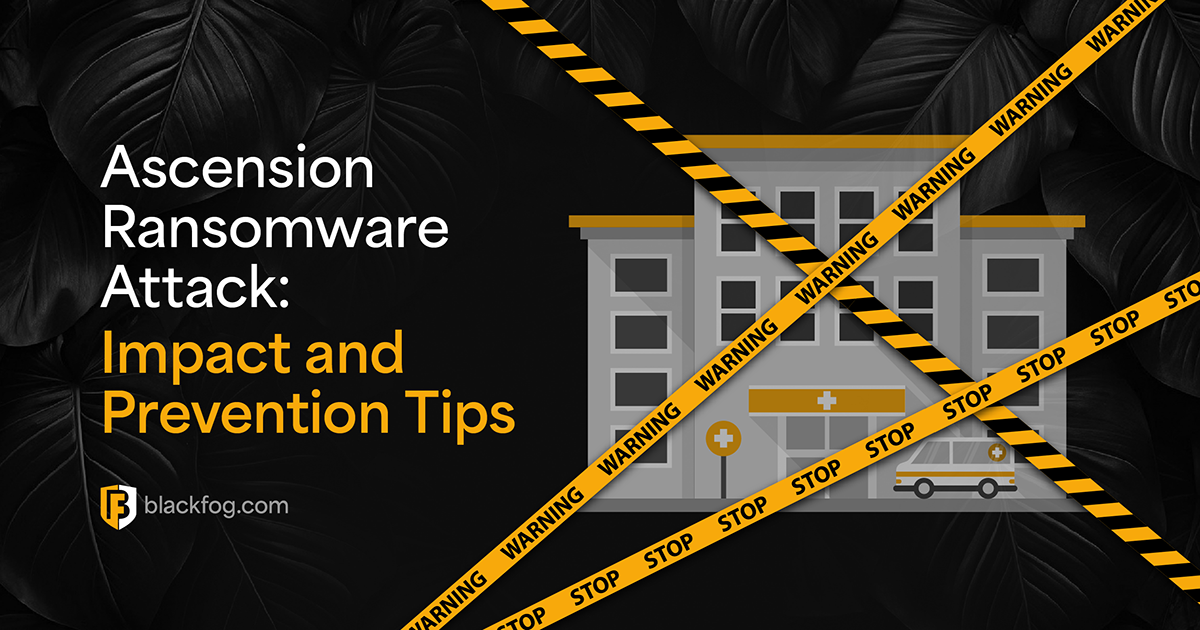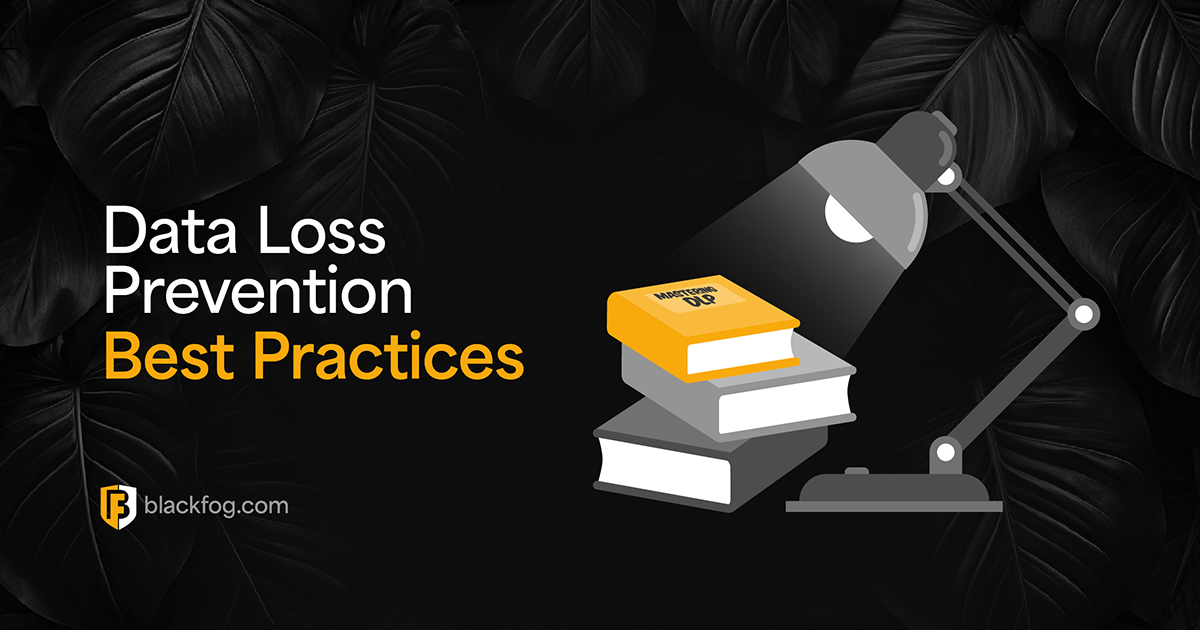
Why Your Business Needs Effective Data Protection Services
Every organization needs to make data protection services a key part of their business. Prioritizing data protection is more than keeping operations up and running in case of a data loss. In this current privacy-first environment, the consequences of letting personal customer data fall into the wrong hands can be very costly.
Regulatory penalties, class-action lawsuits, reputational damage and, ultimately, lost business all contribute to the cost of a data security breach. It’s no wonder that, according to some estimates, as many as 60 percent of small to medium-sized firms fail within six months of a cyberattack, and even the largest corporations can take years to recover.
Therefore, it’s evident that prevention is better than cure. But to do this properly, it’s vital you have a strong understanding of what data protection services involve and what tools you need to achieve this.
What is Covered in Data Protection?
Data protection can be a wide-ranging term, so it’s important to have a clear idea of exactly what it involves and who will be responsible for each aspect if you’re to keep your most precious assets safe. This ensures everyone knows what their role is, and you have a clear plan to follow should something go wrong.
What is the Difference Between Data Protection and Data Security?
A key element to understand is that data protection and data security aren’t interchangeable terms. Sure, there is some degree of overlap – and you can’t have one without the other – but each has its own requirements and processes that must be followed.
In general terms, the key differences are:
Data protection refers to all the activities you undertake to ensure personal data isn’t misused and you’re in compliance with all relevant privacy regulations. It includes everything from drafting a privacy notice explaining how you manage information to ensuring you have appropriate backups and recovery processes in place.
Data security is specifically about the efforts you take to keep your corporate and personal information safe from malicious attacks such as data exfiltration and ransomware. It includes antimalware software, intrusion detection tools and anti data exfiltration technologies, among others, and should be your first line of defense against incidents.
What are the Key Pillars of Data Protection?
There are several elements that must go into an effective data protection and data security strategy. These can generally be broken down into a few key categories, which are:
Governance – Put simply, who’s in charge of keeping your data safe? Regulations such as EU General Data Protection Regulation (GDPR) require firms to designate a data protection officer with overall responsibility for this, ensuring policies are followed and the correct steps are taken to mitigate any breaches.
Protection – Data protection efforts should cover a variety of systems, starting with firewalls and antimalware tools, but also including strong controls to prevent unauthorized access to data and encryption, so that even if firms do suffer a breach, the risks are minimized.
Training – Human error remains the number one cause of data breaches, so ensuring employees know what to look for is vital in keeping firms safe. As well as implementing best practices for areas such as password use, its vital workers are able to identify threats like phishing attacks.
Response – In the event you discover a data breach, knowing what to do next is vital. This starts with effective monitoring tools to flag suspicious activity, which should trigger an automated response to block activities such as data exfiltration. If all else fails, it’s essential to have a backup and recovery plan, as well as a strategy for dealing directly with hackers.
Understanding the Value of Your Data

Why does all this matter? The simple answer is that for most firms today, digital data is their most valuable asset, and anything that disrupts this can quickly bring the entire business grinding to a halt.
Even accidental data loss, such as that caused by a hardware failure or a misplaced laptop, can be damaging. But the real danger comes from hackers like ransomware groups, who have been quick to recognize the value of digital data and, as such, have made this their number one priority when targeting businesses.
For most firms, the worst-case scenario is incidents where hackers have been able to successfully exfiltrate data from the network. Once it’s in their hands, they can hold it to ransom by demanding payment in exchange for deletion, or simply sell it to the highest bidder.
In 2022, we saw a 29% increase in publicly reported ransomware attacks compared with the previous year, indicating that hackers are showing no signs of slowing down their attacks aimed at firms’ data. The cost of remedying such incidents can easily run into millions of dollars, so it is critical firms do not underestimate the harm that can be done should they fall victim.
Data Protection Services for Business
Protecting your data from hackers is no small task, but it’s something every business must be ready for in advance. Believing you’re too small to attract attention, or simply do not hold enough valuable data to be worth attacking, can often be a major mistake. As such, every firm, regardless of size or sector, needs advanced data protection services.
How Prepared Are You to Handle a Data Breach?
Many businesses are still not taking the necessary steps to protect their data from attack. Indeed, the UK’s Information Commissioner’s Office noted in 2022 that a large number of firms continue to believe they aren’t at risk, despite the evident dangers in today’s environment.
Commenting after his office levied a £4.4 million fine against a construction company that fell victim to a phishing attack exposing the personal data of thousands of employers, information commissioner John Edwards said: “The biggest cyber risk businesses face is not from hackers outside of their company, but from complacency … Leaving the door open to cyber attackers is never acceptable, especially when dealing with people’s most sensitive information.”
Therefore, you need to take preemptive action to avoid the risk of such penalties. Having tools such as encryption, employee training, and anti data exfiltration all play a role in this.
Meanwhile, other cyber essentials you’ll need in order to be ready for a data privacy incident include a clear recovery plan and, ideally, a comprehensive cyber insurance policy that can shield you from the worst of any financial losses.
What do you Need to be Compliant With Data Protection Requirements?
There are a range of regulations that must be adhered to when doing business today, especially for online firms that have customers all around the world. GDPR compliance gets a lot of the headlines due to its tough requirements and stiff penalties, but the California Consumer Protection Act and the UK Data Protection Act also come with tough demands for the protection of personal information.
The first step in ensuring you’re protecting data is to have a data controller to take overall responsibility. They will take charge of everything from drafting a customer privacy statement and ensuring all data processing activities respect user privacy to liaising with your country’s data protection commission in the event you need to report a breach.
How Can a Virtual CISO Service Help Your Business?
Many of these required activities can be challenging, especially for firms that have limited resources to dedicate to data protection. However, with the right tools, any business can secure the technologies they need to guard against threats to their data security.
Using a virtual CISO solution gives you access to all the expertise you need, without the time and expense needed to recruit a full time chief information security officer. While you’ll still need a designated individual to meet data protection legislation requirements, these tools can handle much of the day-to-day work for you, from routine threat monitoring to immediate response should anyone make an unauthorized attempt to access corporate or personal information.
A good security partner such as BlackFog should be able to cover all your cyber risk, data privacy and breach monitoring requirements, acting as an outsourced data protection officer service that never takes a break and can monitor every aspect of your operation 24/7.
Related Posts
Black Basta Ransomware: Protection, Prevention, and Recovery Guide
Learn how to stay safe from Black Basta ransomware group with advice on how to spot, prevent, and recover from attacks. Understand how these attacks work, explore real-life examples, and discover strategies to protect against ransomware.
Ascension Ransomware Attack: Impact and Prevention Tips
Learn how the Ascension ransomware attack disrupted healthcare services, the financial consequences, and the cybersecurity lessons it taught. Also receive advice on protecting patient data and preventing similar attacks in the future.
Essential Data Loss Prevention Best Practices Every Firm Should Know
Following these seven data loss prevention best practices can help any firm reduce the risk of falling victim to threats like ransomware.
BlackFog Report Reveals Record Number of Ransomware Attacks from January to March
BlackFog reports a record-breaking surge in ransomware attacks Q1 2025, with 278 disclosed cases and a 113% rise in undisclosed incidents.
AI for Network Security and Monitoring: Enhancing Cyber Defense
What opportunities do AI ransomware protection tools offer to cybersecurity pros?
Ghost Ransomware: The New Cyber Menace Targeting 70+ Countries
Ghost ransomware is targeting 70+ countries. Learn how it works, who’s behind it, and how to stay protected in today’s cyber threat landscape.






